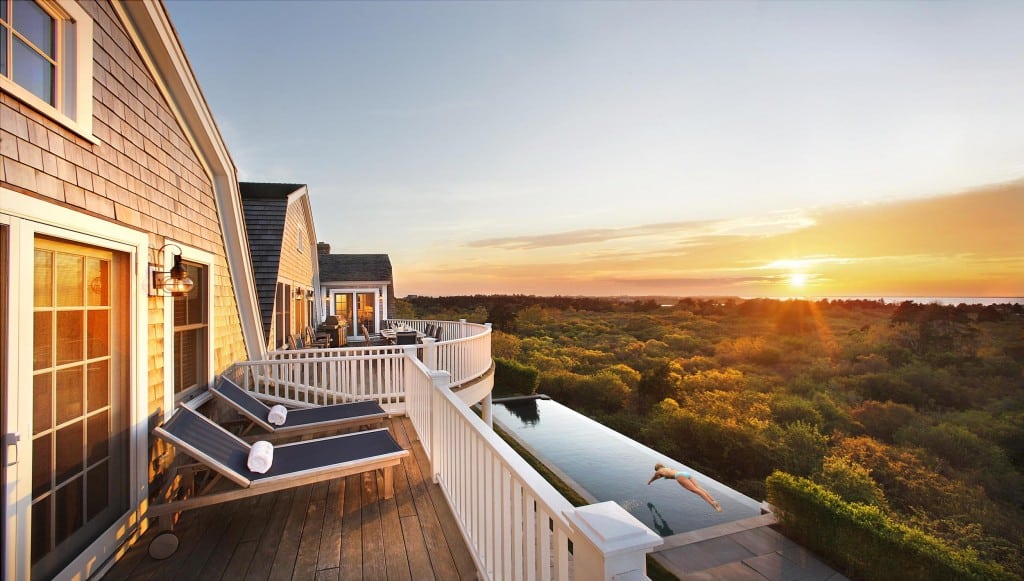Just more than a month after luxury hospitality brand Inspirato executed a reverse stock split to meet Nasdaq listing requirements, the company said Friday it received a Nasdaq notice on November 27 that its market cap fell below the $15 million stock exchange minimum for the 30 days that ended a week earlier.

A property that was listed on Inspirato. Source: Inspirato
At market close in New York on Friday, Inspirato’s market cap was $14,949,000, according to Yahoo Finance, and that was just a tad lower — $51,000 — than the threshold.
“The Notice has no immediate effect on the listing or trading of the Company’s Class A Common Stock or warrants on the Nasdaq Global Market,” Inspirato stated in a filing with the Securities and Exchange Commission, adding that it will have until May 28, 2024 to meet the requirements to keep its stock listed on Nasdaq.
The company’s market cap would have to close at $15 million or more for 10 business days in a row to get back in Nasdaq’s good graces.
“The Company is currently evaluating various courses of action to regain compliance … ,” Inspirato stated.
Inspirato, like several other companies that went public in SPAC mergers, has been struggling since its debut in mid-February 2022. It recently appointed a new CEO, but in the third quarter the company continued to burn substantial cash, and saw its revenue decline.